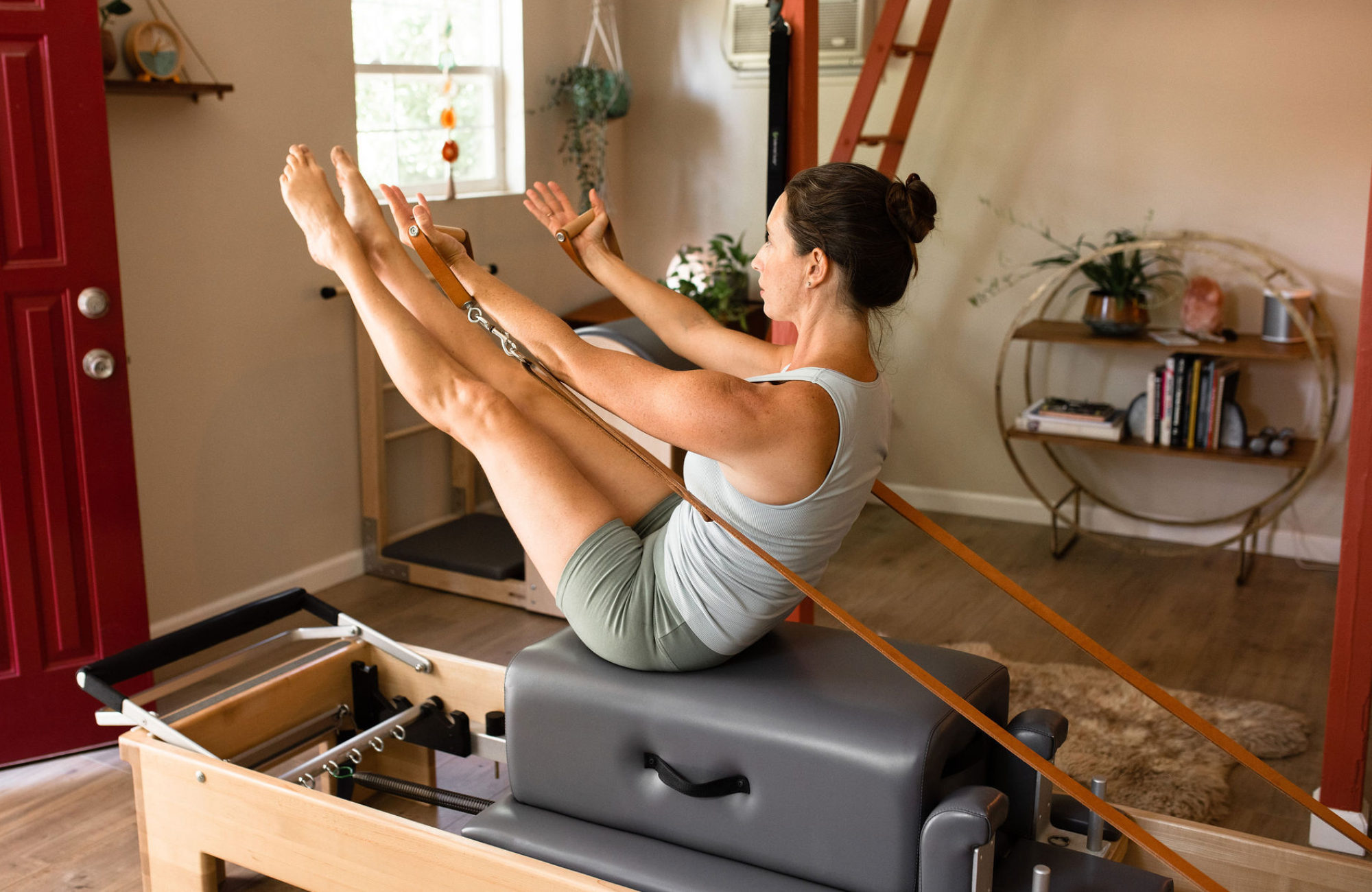As a pregnancy and postpartum corrective exercise specialist I use the word postpartum often. I realize that most people don’t, and many people only hear the word followed by a condition that sounds terrible. I recently heard the phrase “she had postpartum” What does that even mean?! Probably in this instance postpartum depression was the phrase they were looking for, which is no laughing matter, but that is not the the only use for the word postpartum.
post-par-tum
/pōstˈpärdəm/
adjective: post-partum; postpartum
- following childbirth or the birth of young.
The fact that this word is somewhat foreign shows how little regard there is for the women that are postpartum. After baby is born the women who birth the baby are not as cared for. You do not need to be Meghan Markle to struggle with this fact. Very few people will regard you as separate from your baby and ask or concern themselves with your well being.
I’m listening
This is why I chose to specialize in helping postpartum women. I’ve heard so many heartbreaking stories. Women being told they do not have anything wrong with them as they plead with a doctor to check them for pelvic organ prolapse; because what they are feeling is so very real. To be in great pain and dismissed by doctors, told to carry on and deal with it. “It’s just part of motherhood”. The sad reality is, it very often is a part of motherhood to be disregarded, and told to deal with it. Mothers are already dealing with so much and many of these things they should not have to deal with. Things can be done, support can be provided, and information should be shared. We need to listen to and value the postpartum woman.
Common does not equal normal
Diastasis recti, and incontinence are things most people won’t discuss. Many will count the symptoms to be normal parts of motherhood. Although many women suffer with these issues, few will be provided with helpful support to address them. In a society that pressures women to get “back to work” and “back in shape” little time is allowed for recovery and healing. Recovery and healing are vital, and most women will require much more than what is expected or allowed. Just because it is common does NOT mean it is normal and just needs to be accepted.
Tissues need to time to heal, fascia takes up to two years to regenerate.
Fascia is the tissue that connects your abs, gets stretched and thinned out during pregnancy and is a big part of creating diastasis recti. It’s also all over your body, in and around muscles. Even those pelvic floor muscles that stretched and very likely sustained some level of damage during delivery. C-sections are major surgery. Read that last bit again, enough said. We should honor the experience a woman had in order to bring a new baby into the world.
The what if’s
We leave postpartum women to figure it out in more ways than one. Trying to get healthy movement in can be challenging, yet so essential to physical and mental health. With a healing abdominal wall and pelvic floor and new baby to care for, how do we go about doing this? Our regular pre pregnancy run, or group fitness class is most likely not ideal in the early postpartum time. Walking is great, get outside take the baby along too and go for a stroll, it’s accessible and will be gentle as you are healing.

What about the aching shoulders, sore back, and painful daily movements? What if you’re leaking when you walk downhill? What about when you want to do more than walk? Here is where you may need a little more help. A specialist in postpartum exercise is just who you are looking for. I am a specialist in postpartum corrective exercise and have years of teaching Pilates to women in this stage of life. Send me an email if you would like to chat about your specific needs. If you are not in Northern California, Here is a Map of PCES to find one near you.

Needing a little more? Pelvic floor physical therapists and women’s health physical therapists are a thing and they are a great thing. Ask your midwife or OB for a referral, if they are not helpful keep asking, ask your PCES too.
Connecting to your body postpartum can be a challenge, but I believe it’s a skill that can be learned and will develop with time and serve you well for the rest of your life. I’ve created a PDF with a few things to get you started with his skill and feel better in your body right away. No need to put on a sports bra, no need to leave the house, no need to find an hour of uninterrupted time. These things can fit in to your daily routine and will help you feel better and connect to your body. Check out the form below to get your copy.

